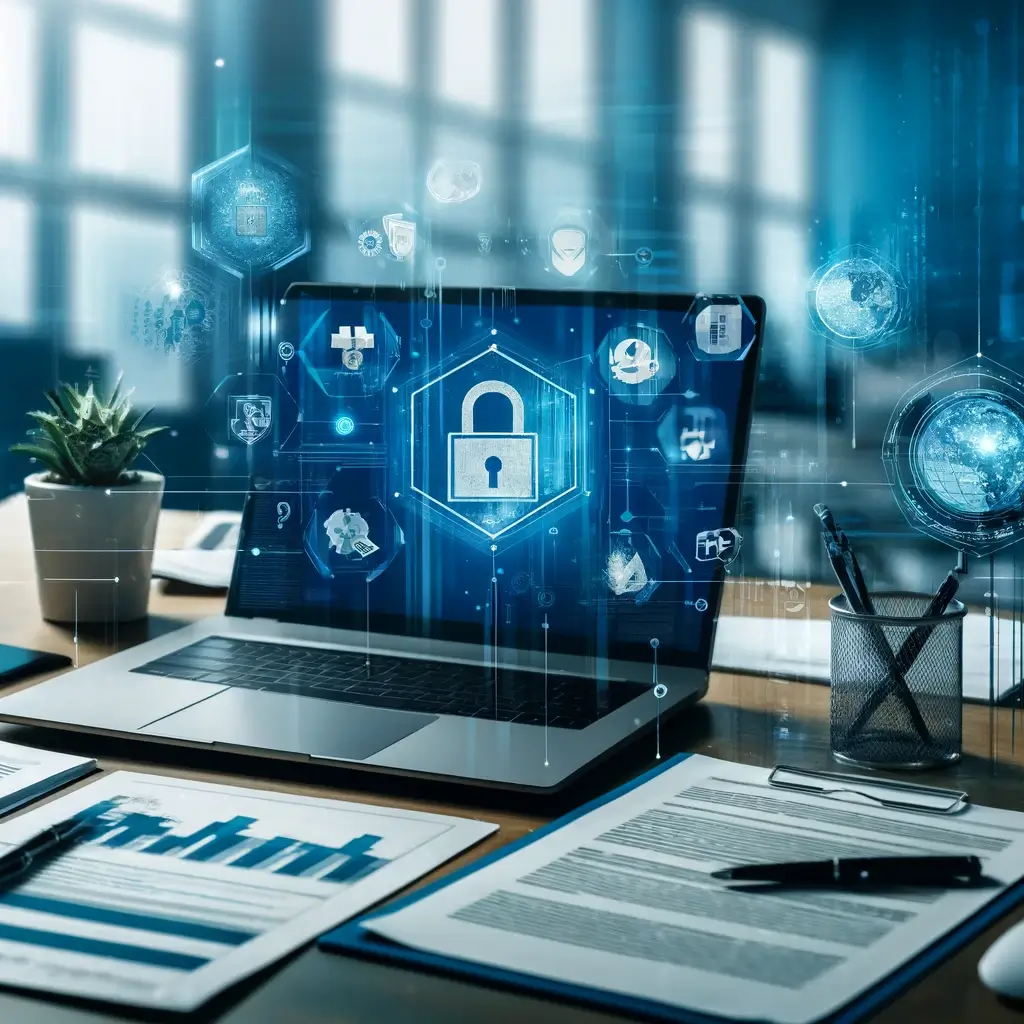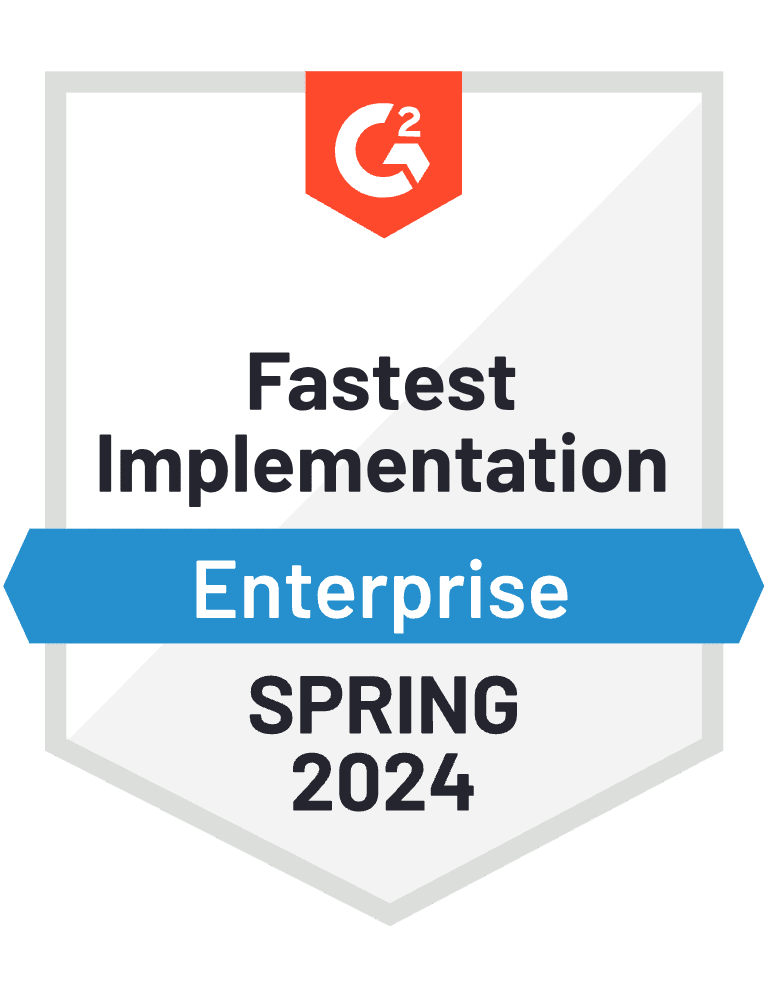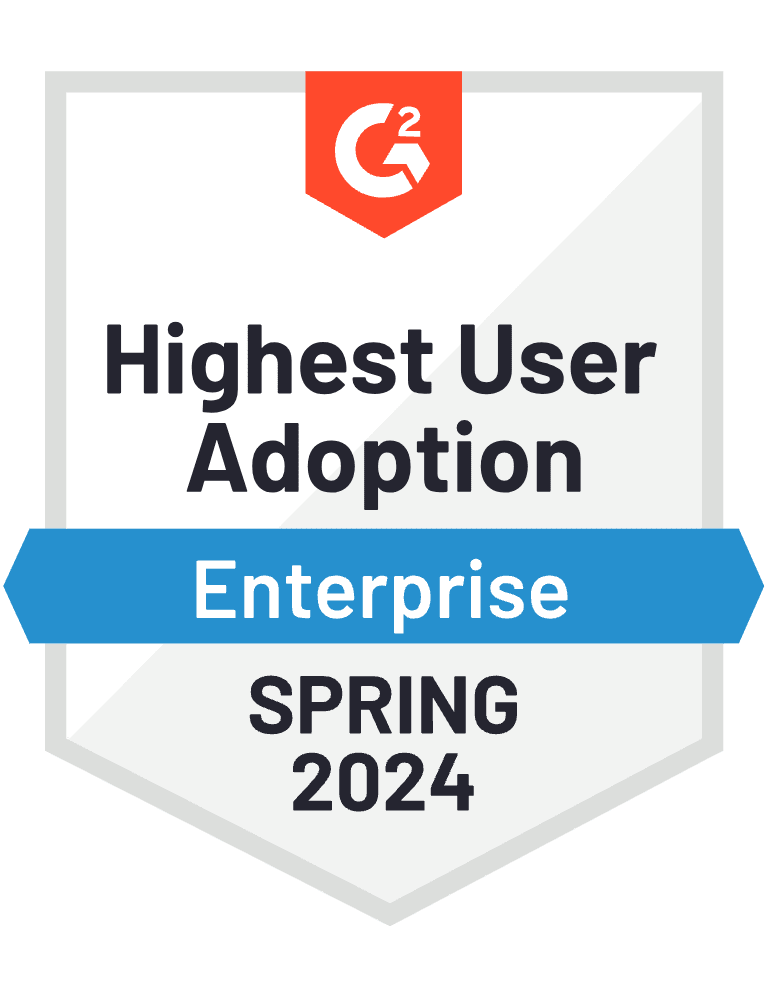Cybersecurity has surged to the forefront of priorities for organizations across all sectors. The procurement process, a critical area for safeguarding sensitive information and systems, is no exception. This blog post addresses the important role of cybersecurity in Requests for Proposals (RFPs) and Requests for Information (RFIs), highlighting why it’s essential to integrate robust security questions and practices.
Businesses can’t afford to sideline security concerns. In fact, given statistics reported by Cybersecurity Ventures, the total cost of cybercrime will reach $10.5 trillion by 2025. That’s up $3 trillion since 2015. We will explore essential cybersecurity questions and best practices, so that your organization can effectively address the modern security standards expected by partners and regulators.
The Emphasis on Cybersecurity in RFPs and RFIs
Why Cybersecurity Questions Are Critical in RFPs/RFIs
Cybersecurity isn’t just a buzzword; it’s a pivotal element of any modern procurement strategy, particularly when it comes to RFPs and RFIs. As businesses increasingly rely on technology for their core operations, the integration of cybersecurity measures into procurement documents ensures that potential vendors are equipped to protect sensitive information effectively. This scrutiny is not about ticking boxes but about establishing a framework of trust and security from the outset, which is essential where cyber threats are both inevitable and unpredictable.
Examples of Cyber Threats in Procurement Processes
In the context of RFPs and RFIs, cyber threats can range from data breaches resulting from inadequate vendor security practices to disruptions caused by ransomware attacks that can cripple an entire supply chain. For example, a vendor without robust security measures might inadvertently become a gateway for attackers looking to access your network. By emphasizing cybersecurity in these documents, companies can deter such risks by ensuring that only vendors with competent security protocols become part of their business ecosystem.
Benefits of Addressing Cybersecurity Concerns Upfront
Proactively addressing cybersecurity in RFPs and RFIs offers several benefits. First, it sets a high standard for security practices that all potential vendors must meet. This enhances the overall security posture of your organization. Second, it minimizes the risk of cyber incidents that can lead to significant financial losses and reputational damage. By stipulating these requirements upfront, you streamline the vendor selection process, focusing only on those who can demonstrate their capability to meet your stringent security demands.
Through this strategic emphasis on cybersecurity, organizations not only safeguard their assets but also foster a culture of security that resonates throughout their vendor relationships, ensuring that every link in their supply chain is strong and secure.
Essential Cybersecurity Questions for RFPs/RFIs
Key Questions to Include in RFPs/RFIs
When crafting RFPs and RFIs, the inclusion of specific cybersecurity questions is imperative to assess the security maturity of potential vendors. These questions should cover a range of topics from operational security measures to compliance with international standards. Below are some essential questions that can give you a comprehensive view of a vendor’s cybersecurity posture:
- What cybersecurity policies and procedures do you have in place?
-
-
- This question helps you understand the vendor’s framework for managing and protecting both their own and their clients’ data.
-
- Can you provide details of your incident response plan?
-
-
- A robust incident response plan is needed for minimizing the impact of a security breach.
-
- How do you comply with industry-specific cybersecurity regulations?
-
-
- Compliance with relevant regulations such as GDPR, HIPAA, or PCI-DSS indicates a vendor’s commitment to cybersecurity standards.
-
- What measures do you take to ensure the security of your supply chain?
-
- This probes into how they secure the touchpoints across the supply chain, a first step in preventing third-party risks.
Understanding the Vendor’s Security Measures
In addition to broad questions, it’s important to delve deeper into the specific security measures and technologies that the vendor employs:
-
- What encryption methods do you use to protect data at rest and in transit?
- Encryption is vital for protecting sensitive information from unauthorized access.
- What encryption methods do you use to protect data at rest and in transit?
- Describe your data retention and destruction policy.
-
- This question ensures that the vendor responsibly handles data throughout its lifecycle.
Data Protection and Compliance Considerations
Understanding how a vendor complies with data protection laws and manages data security can give you direct insight into the vendor’s operations guidelines:
- How do you handle data breaches, and what is your notification process?
-
-
- Timely breach notification mitigates risks associated with data exposure.
-
- What are your policies regarding data access and auditing?
-
- This helps gauge the transparency and traceability of data within the vendor’s systems.
Incorporating these questions into your RFPs and RFIs not only strengthens your cybersecurity evaluation process but also signals to potential vendors the importance your organization places on robust security practices. This approach ensures that only those vendors who are serious about cybersecurity and capable of protecting your interests will move forward in the procurement process.
Best Practices for Responding to Cybersecurity Questions
Providing Detailed and Transparent Responses
When responding to cybersecurity questions in RFPs and RFIs, clarity and thoroughness are paramount. Here are some strategies to ensure your responses are well-understood:
- Be Specific: Generalizations can raise doubts about your security capabilities. Provide specific examples and data that demonstrate your commitment to cybersecurity.
- Use Layman’s Terms: While technical details are important, ensure that your explanations are accessible to non-specialists too. This can help decision-makers who may not have a technical background understand the strengths of your security measures.
- Highlight Certifications: Include any relevant cybersecurity certifications (e.g., ISO 27001, SOC 2) that your organization holds. These certifications are a testament to your adherence to high security standards.
Demonstrating Security Expertise and Capabilities
To effectively convey your security expertise, consider the following approaches:
- Case Studies: Share examples where your security measures have successfully mitigated threats. Real-world applications of your security policies can be very persuasive.
- Continuous Improvement: Discuss how you keep your security measures updated against evolving threats. This shows a proactive approach to cybersecurity.
Collaborating with Internal Security Teams for Accurate Responses
Ensure that the information you provide is accurate and reflects the latest security practices within your organization:
- Internal Reviews: Before submitting responses, have them reviewed by your security team to ensure accuracy and completeness.
- Consistent Updates: Keep your response templates updated with the latest security practices and outcomes. This helps in maintaining consistency and accuracy in responses across multiple RFPs/RFIs.
Utilizing Tools to Enhance Response Quality
Leveraging advanced tools can streamline the response process and improve the quality of your submissions:
- Automated Response Software: Tools like RocketDocs not only help in managing the content effectively but also ensure that the security information remains up-to-date and ready to be tailored for specific RFPs.
- Customizable Templates: Develop a set of customizable templates that address common cybersecurity questions. This helps in maintaining consistency and speeds up the response process.
Engaging with the Question Positively
Cybersecurity questions should not be viewed merely as hurdles but as opportunities to differentiate your organization from competitors:
- Positive Framing: Frame your responses to highlight your strengths and proactive security measures. This can turn potential vulnerabilities into showcases of your capability and foresight.
By adopting these best practices, your organization can demonstrate a robust cybersecurity posture in your RFP and RFI responses, thus building trust and enhancing your chances of securing new partnerships and projects. Such detailed and proactive responses not only address potential clients’ queries but also position your organization as a leader in cybersecurity within your industry.
As we navigate the complexities of cybersecurity, it’s clear that the sensitivity and security of RFP data cannot be underestimated. In this high-stakes environment, the introduction of AI into the RFP production process promises enhanced efficiency and superior security.
This is where RocketDocs AI comes into play. Leveraging state-of-the-art AI technologies, RocketDocs AI ensures that your sensitive data is handled with the utmost security, aligning with the latest cybersecurity frameworks.
By choosing RocketDocs AI, organizations can integrate a robust system that streamlines the proposal process and fortifies it against potential cyber threats. Now, let’s delve deeper into what RocketDocs AI offers and how it can transform your RFP operations.
How AI is Revolutionizing RocketDocs & Enhancing Response Management
Our Take on AI’s Role in Advancing Our Platform
As we dissect the essentials of response management — from automating RFP responses and security questionnaires to generating proposals and due diligence documents — it’s pivotal to explore how RocketDocs is pushing the frontiers with innovative AI technology.
RocketDocs’ Advanced Generative AI for Private Data
For those keen on leveraging their private data optimally, RocketDocs introduces a groundbreaking Generative AI that ensures robust in-house security. Our technology prioritizes your privacy; no data leaves our ecosystem because we don’t rely on external third-party systems like some platforms might. Here’s what sets RocketDocs apart:
- Local Data Utilization: Our system uses only your data to generate responses.
- No External Data Sharing: Unlike some models which might risk exposure by interacting with external systems, our model operates entirely within our controlled environment.
- Smart Data Handling: We fill in the blanks effectively when prepopulating responses, tagging them for human review. Once approved, they are automatically integrated into our response libraries for future use.
- Enhanced Customization: Tailored responses from RocketDocs surpass the generic output from third-party models, providing more precise and relevant content.
Dual-Layer AI Architecture
RocketDocs’ AI is structured in two layers to safeguard against errors:
- Non-Generative AI: This preliminary layer selects responses from a pre-approved content library, ensuring that all provided information is accurate and verified.
- Generative AI: Post the vetting by non-generative AI, our generative AI steps in to handle any remaining inquiries. It creatively drafts responses, regarded as provisional until they pass through rigorous human review.
This two-tier approach guarantees that the most reliable content is prioritized, enhancing the quality and accuracy of responses.
RocketDocs AI Features and Benefits
- Document Parsing and Extraction: Automatically identifies key details from RFP documents to streamline response creation.
- Natural Language Processing (NLP): Analyzes questionnaire language to identify crucial elements and recommend relevant content.
- Template Suggestions: AI assists in selecting the most appropriate response templates based on RFP specifics, ensuring consistency and saving time.
- Response Generation: Our AI tools help generate both standard and personalized responses, drawing initially from pre-vetted answers to ensure reliability.
- Data Analytics: Analyzes historical RFP data to refine future responses and enhance proposal strategies.
- Content Library: Maintains a repository of approved, high-quality content that is easily searchable and integrable into your proposals.
- Customization and Personalization: Allows for responses to be finely tailored to meet the distinct needs and preferences of each client.
By integrating these AI technologies, RocketDocs doesn’t merely simplify your response process; it transforms it, enabling a higher echelon of efficiency and precision in your proposal responses.
Why Choose RocketDocs?
Unlike platforms that may primarily rely on generic tools like Loopio, which might expose your data to external vulnerabilities, RocketDocs ensures a superior, sealed, and seamless experience. Our platform is engineered not just for response management but for securing a competitive edge through robust and reliable AI-driven capabilities.
Securing Success: Emphasizing Cybersecurity in Your RFPs
As security imperatives loom larger in the digital landscape, the value of integrated, stringent cybersecurity measures in RFPs and RFIs cannot be understated. RocketDocs elevates your organization’s defenses and credibility through sophisticated AI tools, ensuring that you remain a proactive and trusted entity in managing cybersecurity risks effectively.
Utilizing RocketDocs’ Features to Strengthen RFP Responses with Security
RocketDocs excels in transforming the RFP response process, particularly when addressing the critical aspect of cybersecurity. With cyber threats evolving rapidly, the ability to effectively communicate your security protocols through RFPs is more important than ever. Here’s how RocketDocs enhances this process:
Automated Security Content Updates
RocketDocs’ centralized content management system ensures that all security-related content is up-to-date and readily accessible. This automation allows for the rapid integration of the latest security practices and protocols into your RFP responses, ensuring that your submissions reflect current standards and compliance requirements.
Customizable Security Templates
With pre-designed templates focused on security concerns, RocketDocs makes it easy to tailor responses to the specific needs of each RFP. These templates are not only customizable but also include structured responses to common security questions, which helps maintain consistency and accuracy across all documents.
Integrating Security Best Practices into Proposal Templates
RocketDocs doesn’t just facilitate the response process; it enhances it by embedding industry-best practices into your proposals. This is achieved through:
Collaboration Tools
By enabling seamless collaboration among your security, sales, and compliance teams, RocketDocs ensures that all stakeholders can contribute their expertise to each proposal. This cross-functional collaboration is key to developing comprehensive responses that address specific cybersecurity concerns effectively.
Streamlined Content Library Access
RocketDocs provides all teams with easy access to an extensive content library, which includes detailed information on security measures and compliance data. This access is crucial for teams to utilize verified information and maintain the integrity of responses regarding cybersecurity.
By leveraging these capabilities, RocketDocs not only simplifies the process of incorporating security considerations into RFPs but also ensures that your responses are robust, compliant, and reassuring to potential clients concerned about cybersecurity. This strategic integration of security considerations strengthens your proposals and positions your organization as a trustworthy and security-conscious partner.
Call to Action for Sales Organizations
For sales organizations, the takeaway is clear: prioritize cybersecurity in your procurement processes. Equip your teams with the tools and knowledge to not only respond to security concerns but to anticipate and address them proactively in every proposal. Doing so will not only safeguard your operations but also provide a competitive edge in the procurement landscape. Start today by reviewing your RFP and RFI strategies through the lens of cybersecurity and make the necessary adjustments to ensure you’re fully leveraging your capabilities for maximum impact.







